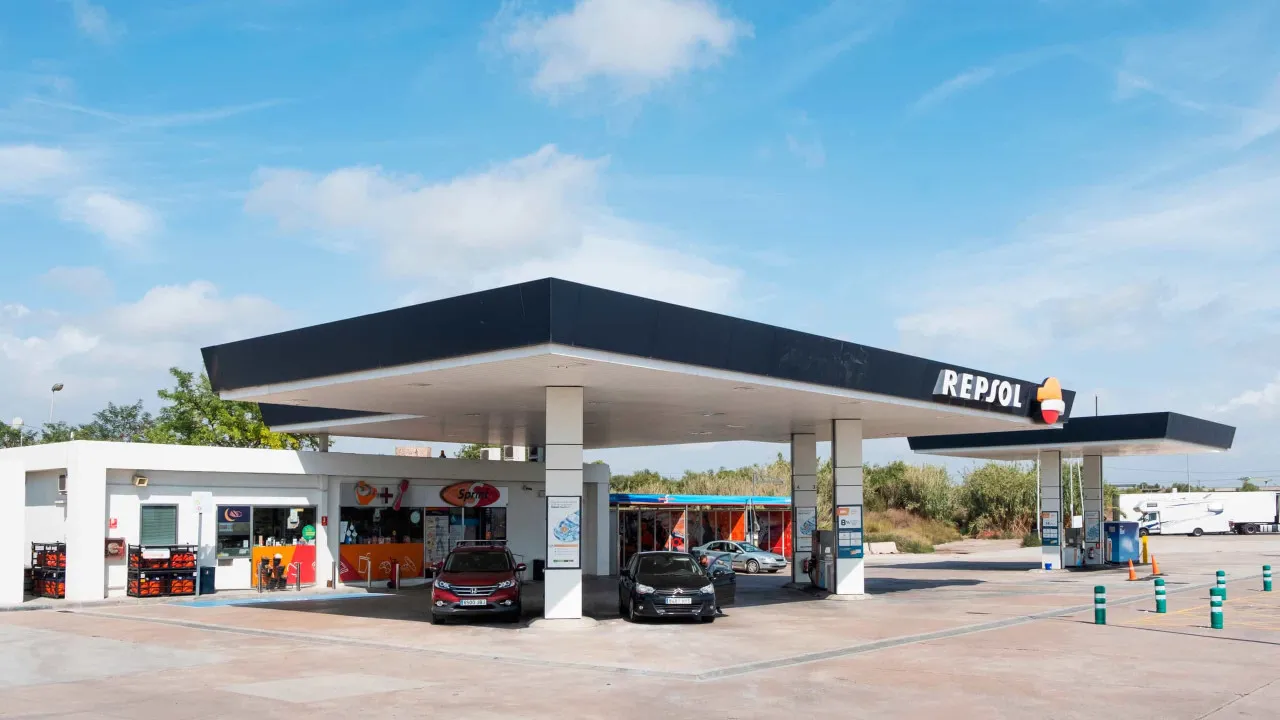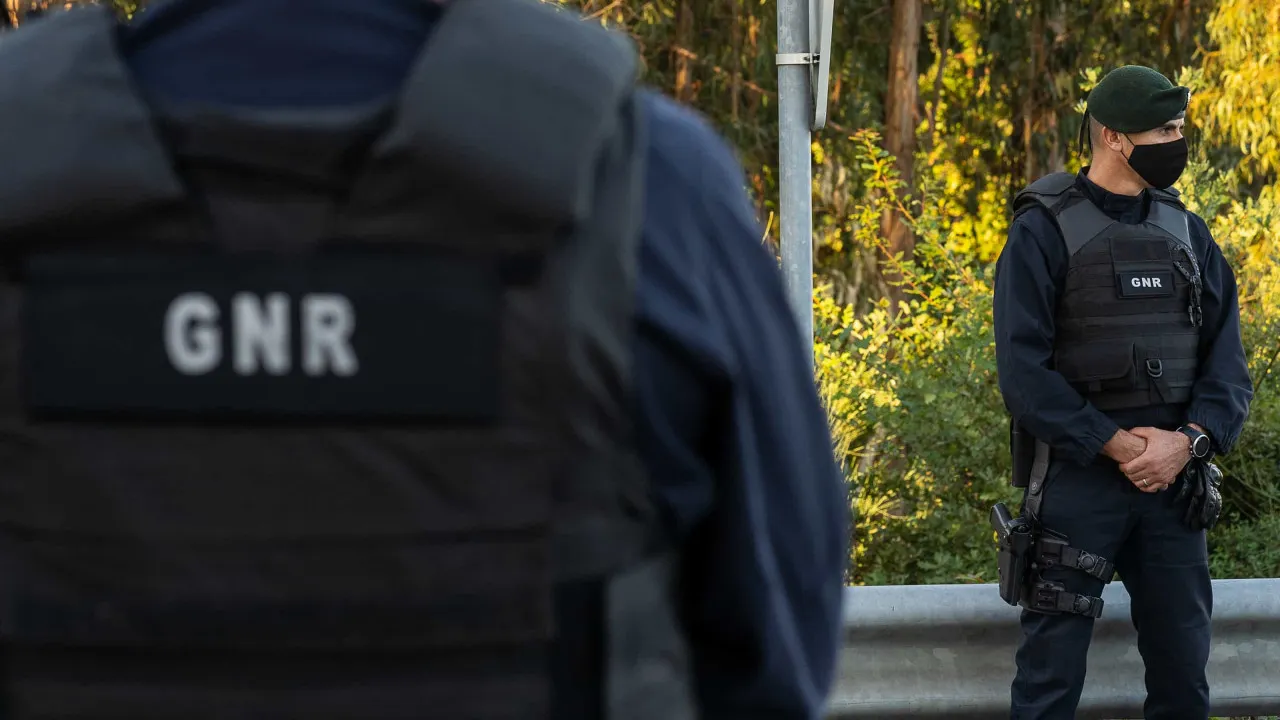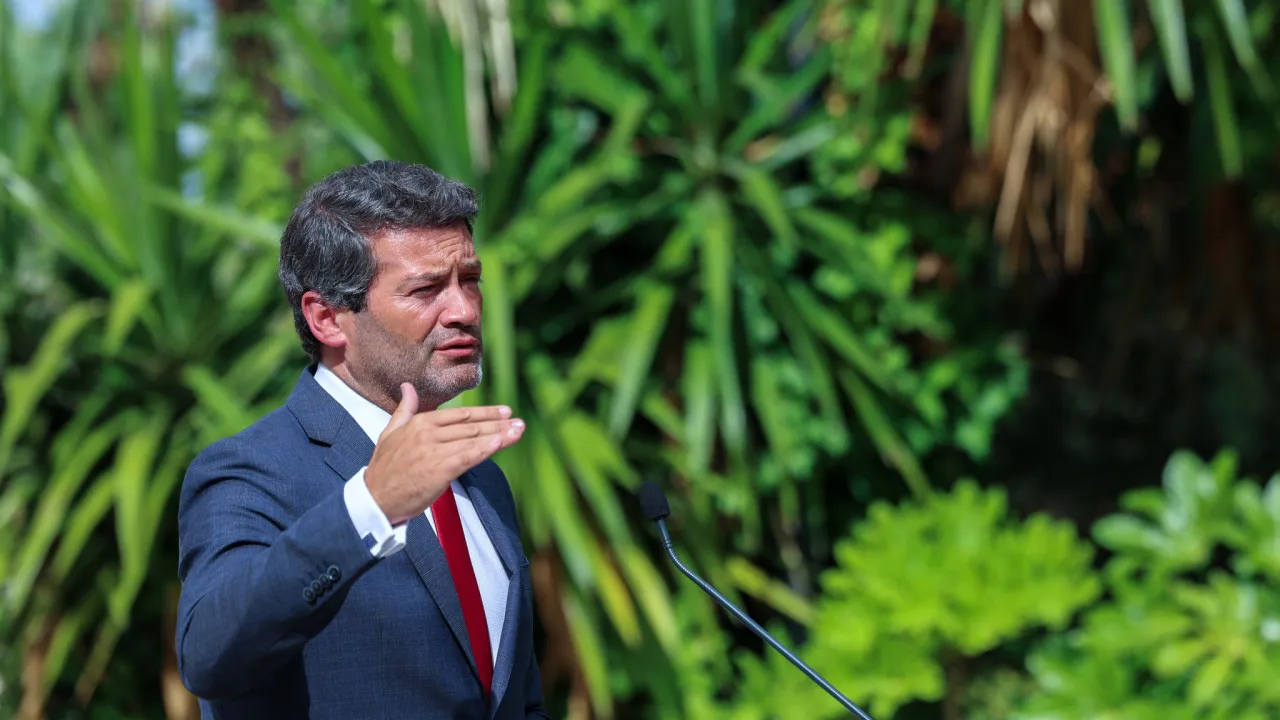
The CEO of Repsol in Portugal, Armando Oliveira, stated that “everything is ready” for a new biomethane project. Biomethane is a renewable gas, chemically similar to natural gas, but produced from organic waste such as manure and agricultural or food residues.
The project has not yet started due to ongoing investments, including a new polymer reuse plant and the installation of solar panels, which have affected the project timeline, Oliveira explained during the presentation of the company’s new image.
“There are a number of investments that sometimes take priority over others,” he said, anticipating that production will begin in 2026.
Regarding hydrogen, he mentioned they are also working on a project and are analyzing “the possibility of extending the service to Torres Novas.”
“We are studying almost NASA-level technology because everything is new,” he remarked, describing it as a gradual innovation process. “It’s all a step-by-step learning process,” he emphasized. Nonetheless, he is confident that there will also be concrete developments next year.
The production in Sines is part of the company’s commitment to transitioning refineries to 100% renewable fuels, such as HVO (hydrotreated vegetable oil), derived from agricultural and organic waste combined with green hydrogen produced by electrolysis using solar energy.
“What we are used to seeing as a refinery will radically transform,” he noted.
Repsol, which positions itself as the largest Iberian producer of renewable fuels, is focused on a “just and inclusive” technological transition that combines various solutions.
“The final energy puzzle will be made up of various pieces,” he argued, referring to the coexistence of electric cars, renewable diesel, hydrogen, and other alternatives.
When asked about the rising competition from ‘low-cost’ service stations in Portugal, Oliveira acknowledged that the segment has its place, but highlighted that over 35% of Repsol’s customers opt for higher quality products.
According to Armando Oliveira, enhanced or 100% renewable fuels incur higher production costs, which are reflected in the final price.
Regarding the impact of geopolitical conflicts on fuel prices, “we live in such turbulent times that making predictions is a mistake,” he stated, noting that fuels are internationally traded commodities and are therefore heavily exposed to external factors.
“We have shown that we can survive even under the most challenging circumstances,” he added, referencing the pandemic.
“With COVID, we learned to manage daily, we didn’t know what tomorrow would bring. This sector was temporarily halted, with sales dropping by 60% to 70% as stores closed. Even so, the sector survived,” he explained.
Regarding the power outage that affected the Iberian Peninsula on April 28, Armando Oliveira emphasized the need to prepare the country for potential reoccurrences of similar situations. “It was the first time, no one was prepared, but we must be,” he warned, highlighting the importance of logistics and communication capabilities in crisis situations.
He also stressed that natural gas will continue to play a significant role in the energy matrix, while advocating for a reduction in foreign dependency and a focus on efficiency.
“Energy consumption also depends on all our behaviors. If we are more efficient, we will be less dependent,” he concluded.




